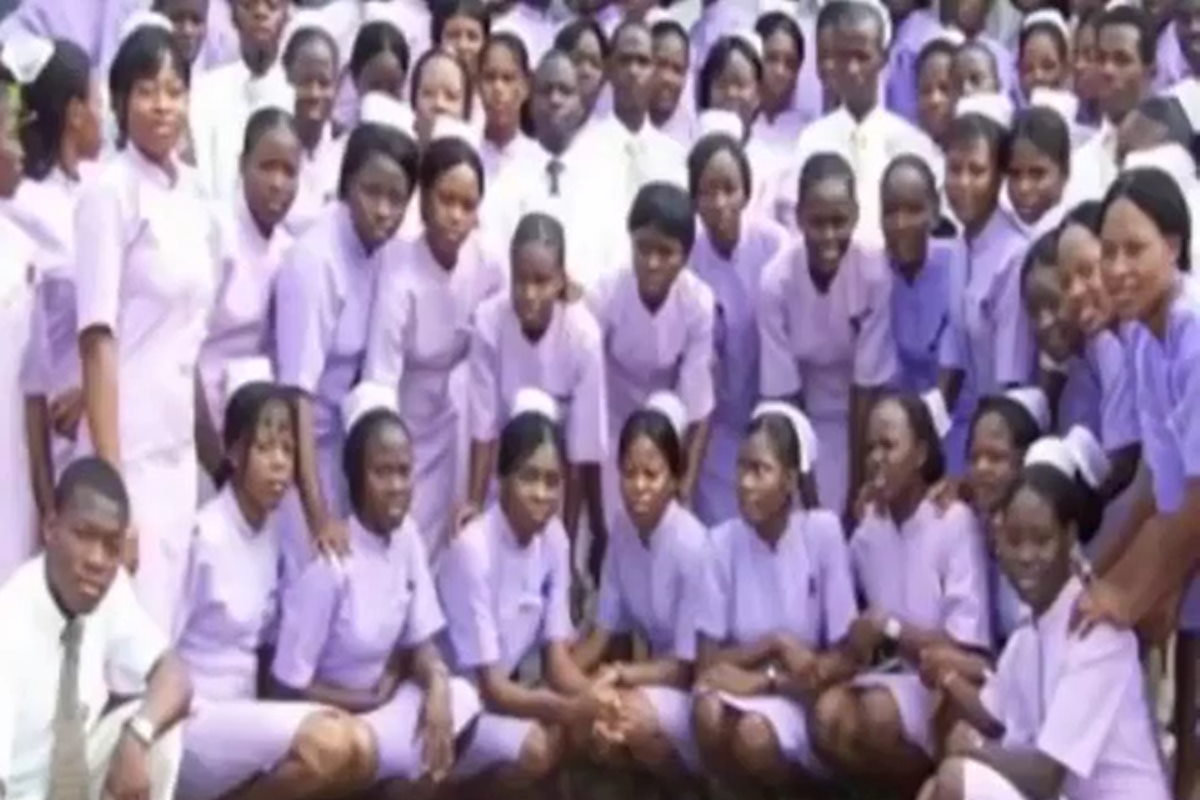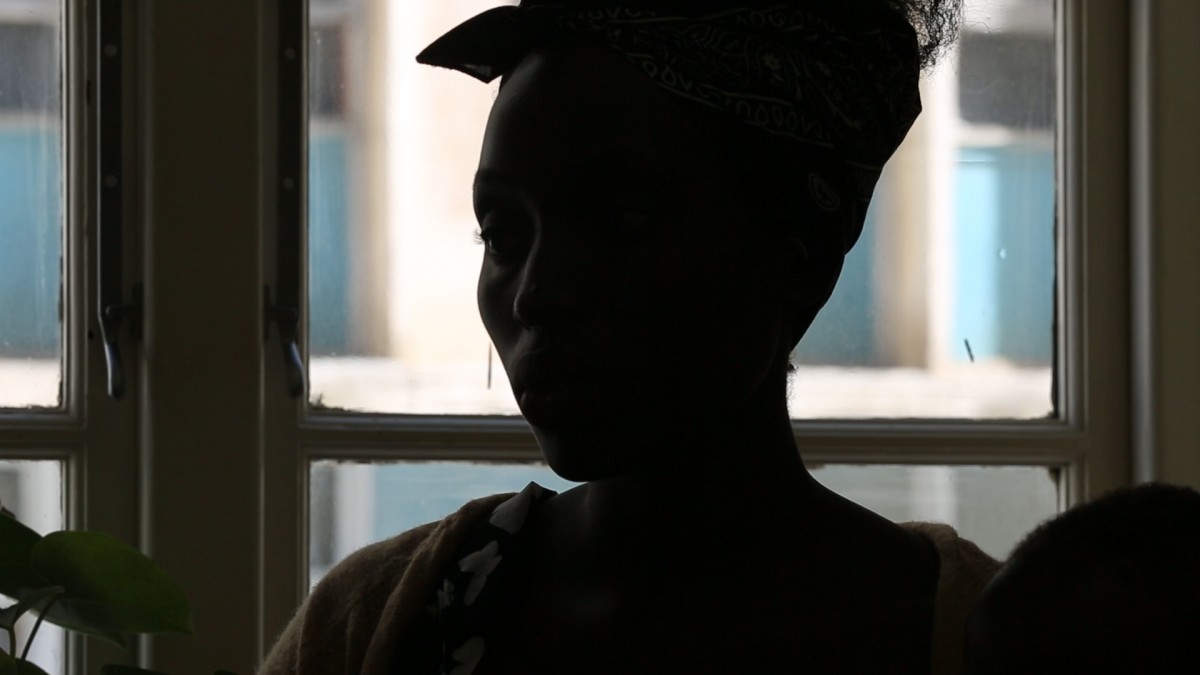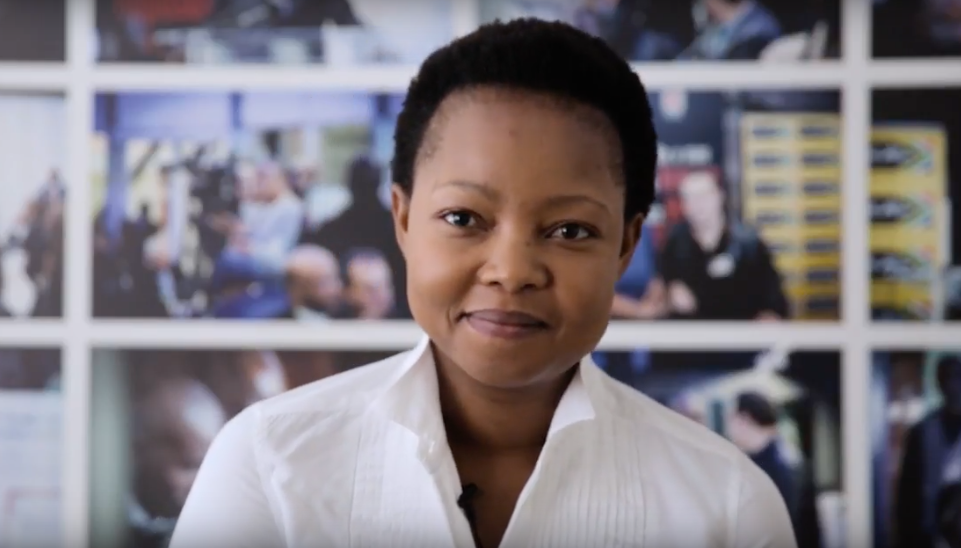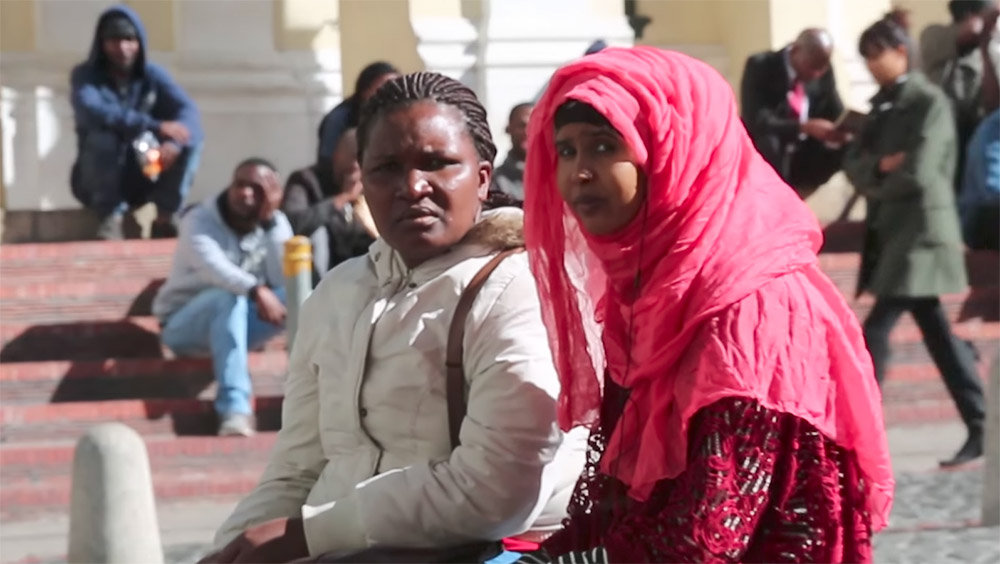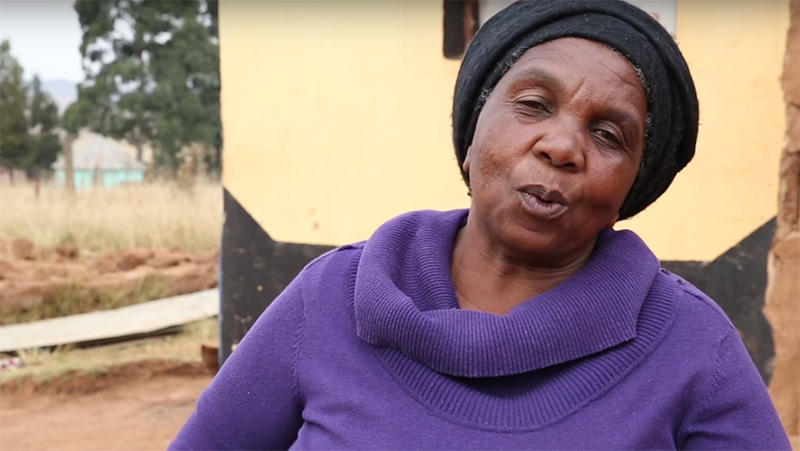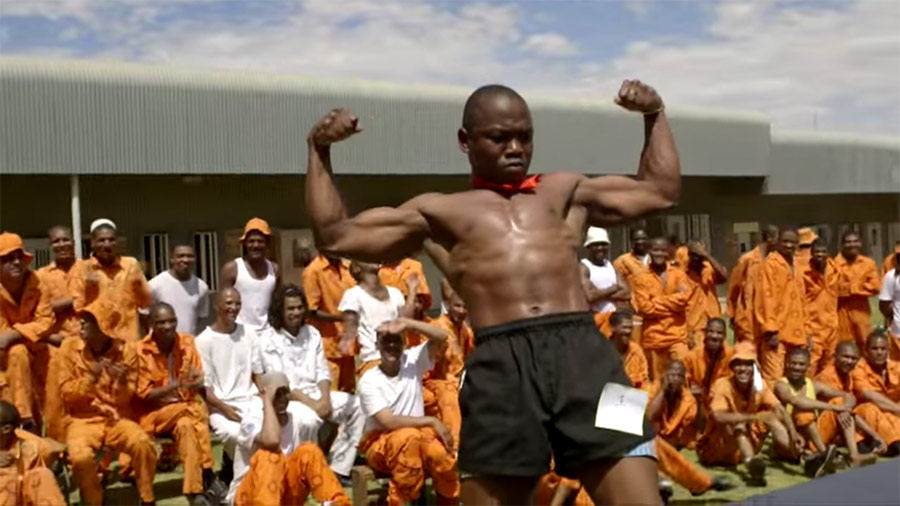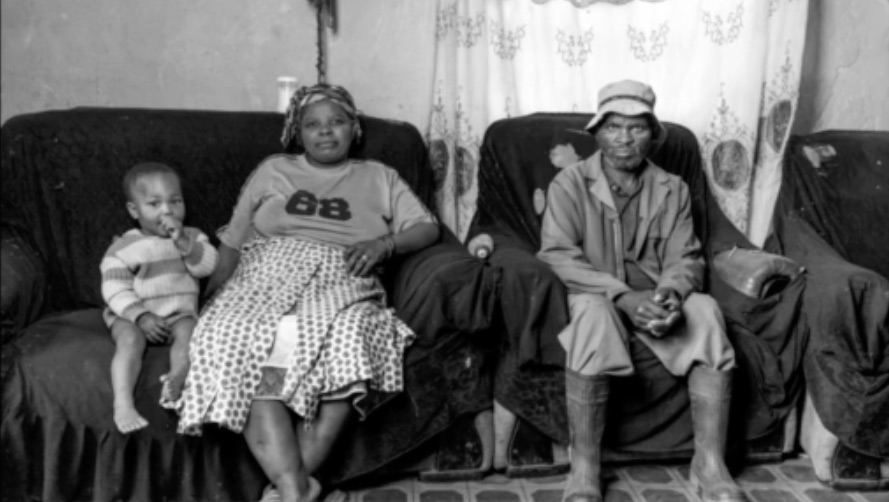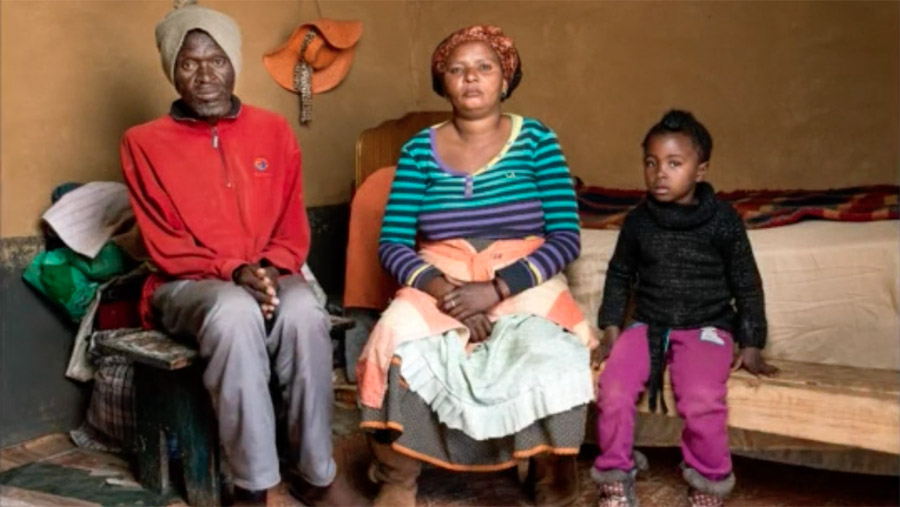Did you know that gender equality cannot be fully attained if men are not involved? Did you know that gender equality is not primarily about being ‘fair’ to women – it benefits the entire society too, both men and women included. Research shows that gender equal societies enjoy better health, stronger economic growth and higher security. That was the theme for this year’s Annual General Meeting of MenEngage Africa Alliance, which was held in Abuja, Nigeria, on 12 and 13 February.
Video Type: Short Films
-
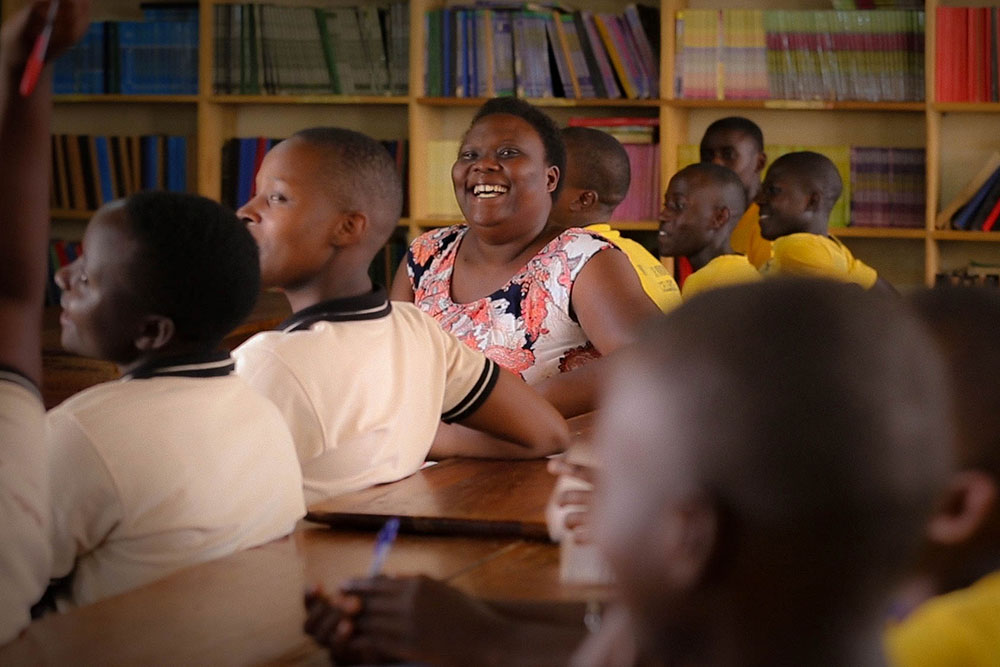
Engaging religious leaders for gender transformation in the region
This inspiring film tells the story of Amanya Faith Betega, who leads the Prevention+ program in the rural district of Bushenyi, Uganda. Faith works with young people and local leaders, especially religious leaders, to promote gender equality and violence prevention.
-
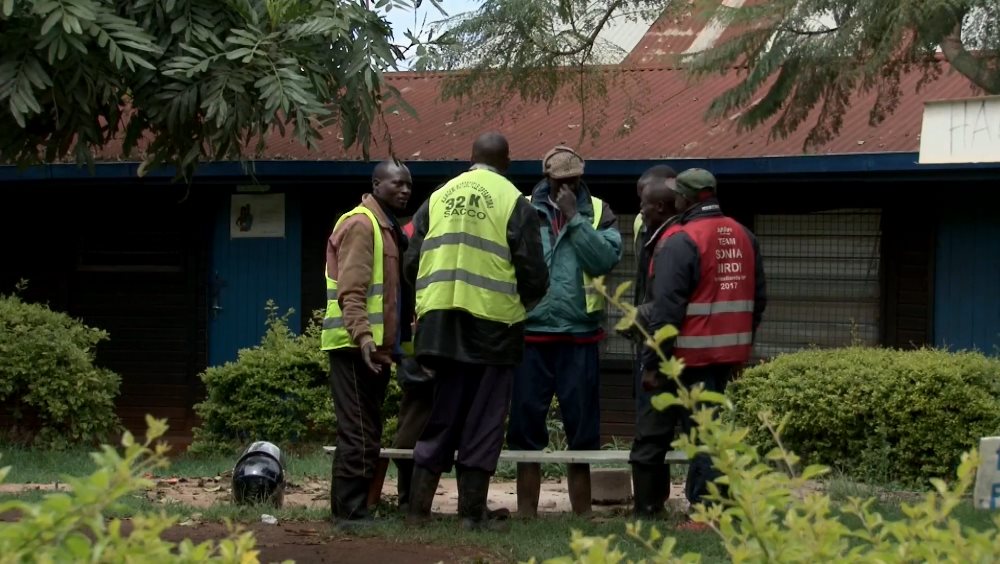
Engaging men in the HIV response
Men and boys are less likely to be tested for HIV, less likely to access treatment, have worse adherence and are 70% more likely to die from AIDS than their female counterparts. Quite evidently, this is bad for men. But it is also bad for their sexual partners, their families, their communities, and the health systems that serve them. It is bad for the HIV response. This short film showcases promising practices from Kenya, Swaziland and South Africa that are working to strengthen HIV-related service provision for men and overcome harmful notions of manhood that lead to increased risk taking and gender-based violence.
-
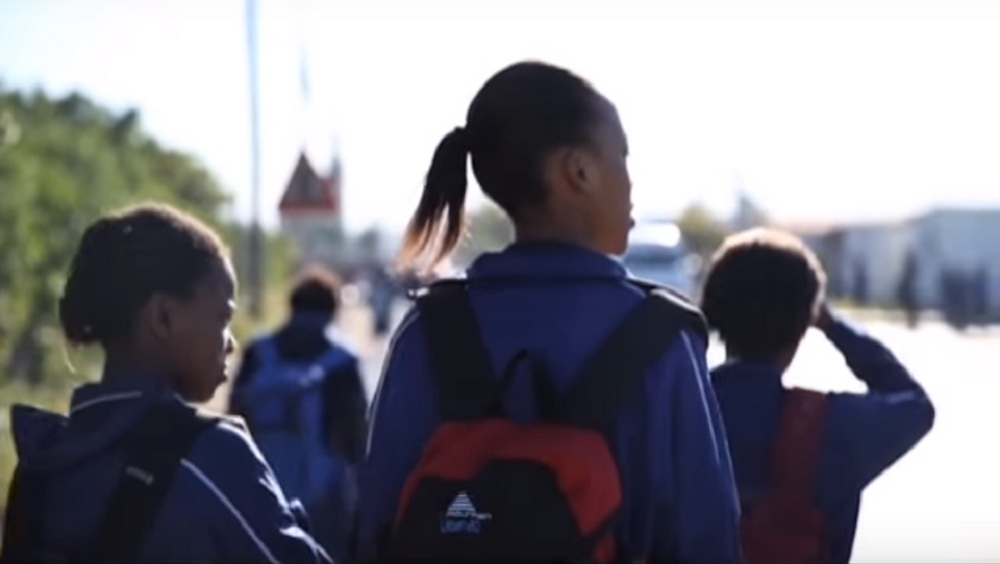
“I’m scared of my teacher”
“I’m Scared of My Teacher,” is a documentary produced by Sonke’s Gadeeja Abbas which the story of a young school girl who was beaten by her teacher, allegedly for not completing her homework.
We ask, If corporal punishment was banned in schools in 1997, why are teachers still using it as a form of discipline?
What is the Department of Basic Education doing about this violation of child rights and, what does a recent South Gauteng High Court – which found the defence of reasonable chastisement unconstitutional – mean for parents who don’t spare the rod?
-
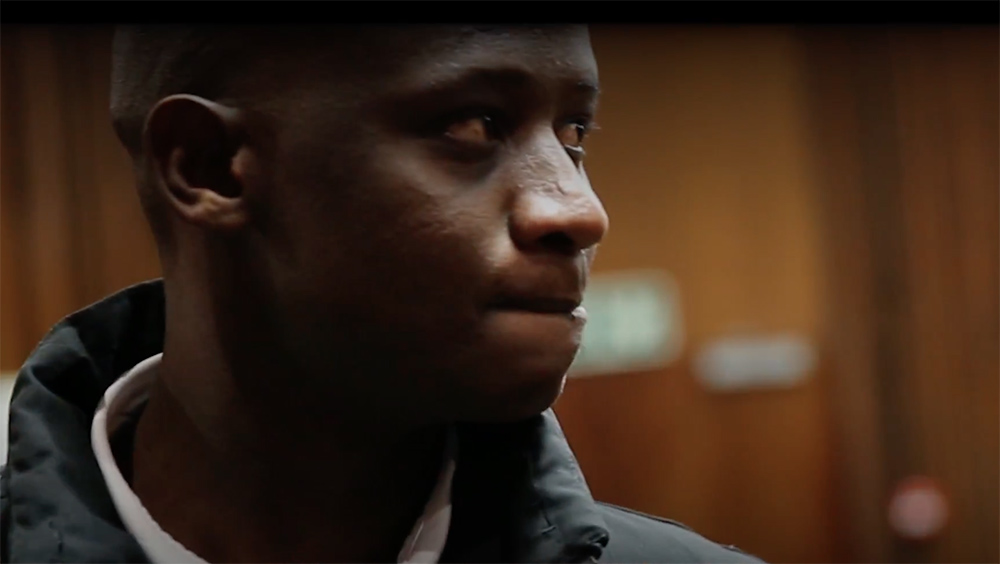
Justice for Nosipho Mandleleni
Nosipho Mandleleni, 24, was found dead at the house that she and her boyfriend, ANC Youth League leader for Yeoville, Patrick Wisani, were staying in. Nosipho was beaten to death with a sjambok and bled to death on the bedroom floor.
In this video, Sonke Gender Justice tells the story behind the advocacy that drove Judge Ismail Mohammad to sentence Wisani to 20 years behind bars. In emotional interviews, Nosipho’s twin sister – Siphokazi – opens up about the abuse she experienced and witnessed being done to her sister leading up to her murder.
The journey of a young sex-worker, who was severely assaulted – is explored while addressing the issue of gender-based violence.
-
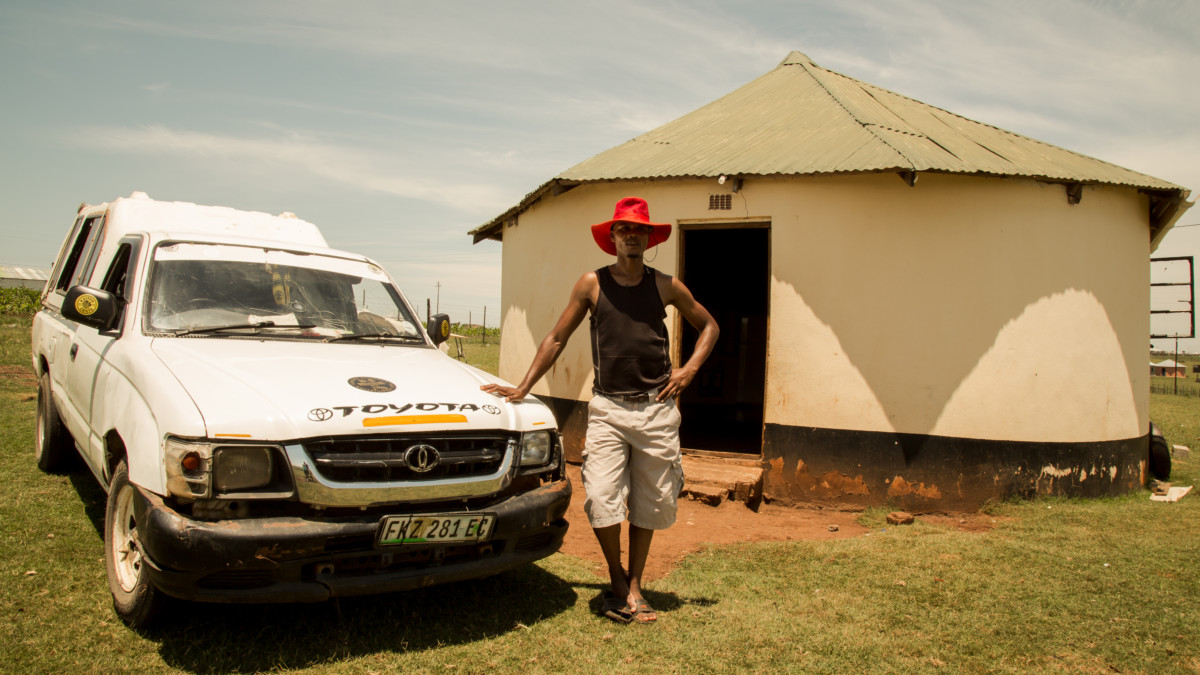
Meet Eastern Cape gender activist Sithile Nohaya
On 10 December 2013, after months of waiting on a protection order against her threatening ex-boyfriend, Sandiswa Mhlawuli, 27, was brutally murdered by him on the day it was issued. Despite the presence of eyewitnesses, his arrest and charges of murder, Nkosinam Xabadiya was released from police custody without bail.
One of Sonke’s Community Action Teams (CATs) recognised the injustice and the danger his release posed. As a result, Sonke and partner community organisations placed pressure on the criminal justice system and campaigned for a speedy trial.
Because of the work of CAT members like taxi driver and community activist Sithile Noyaha, Xabadiya was found guilty of premeditated murder and sentenced to 20 years in prison.
-
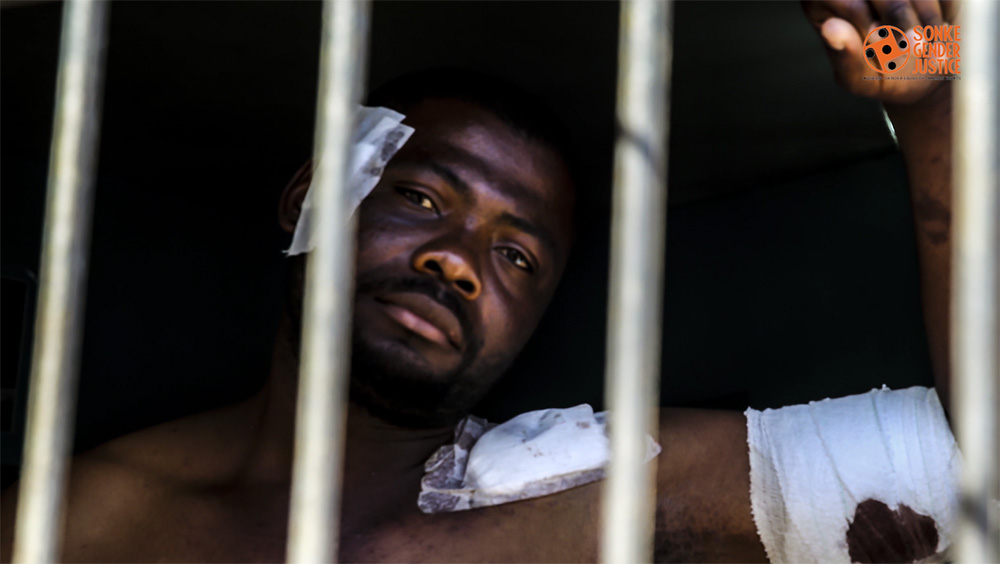
Xenophobia: “We were treated like animals being slaughtered”
In the wake of the wave of xenophobic violence Sonke’s Gadeeja Abbas tells the story of Lionnel Drench who fled the conflict in Congo Brazzaville. But his pain and suffering continued in Cape Town. He opened up about the murder of his brother – Massiossio Souka Hoven Romeld – on February 25. Drench was attacked on that day too and claimed the criminals did not even demand their cellphones, jewellery or money. He said they were treated like animals being slaughtered.
-
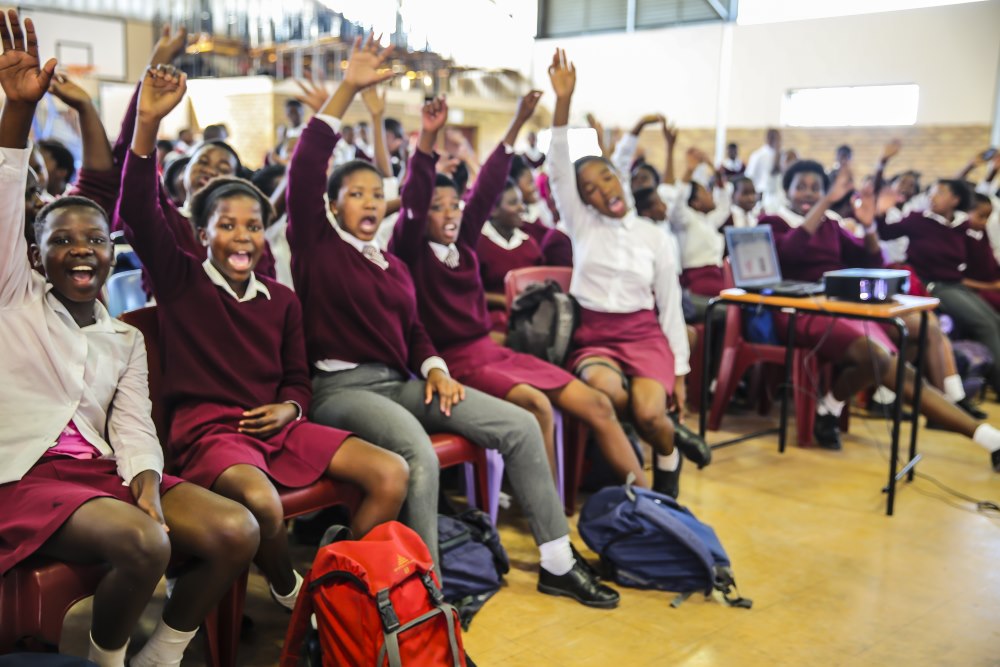
High cost of sanitary pads puts South African girls’ education at risk
In partnership with Swedish NGO, Wise Economy and Project Dignity, Sonke Gender Justice visited Gugulethu Comprehensive Secondary School on 9 March, 2017 to uplift and empower young women in South Africa and offer a dignified solution to managing their menstruation.
Millions of girls around the world cannot go to school while menstruating. Some cannot afford sanitary protection and others are restricted by taboos and traditions. Wise Economy’s My Periods Is Awesome campaign aims to tackle these issues by raising awareness, distributing washable pads and educating boys and girls about Sexual Reproductive Health & Rights (SRHR), puberty and gender equality.
During the visit, Sonke engaged with a group of 100 boys and girls who were educated on puberty, menstruation and how to respect women and girls while experiencing these changes.
Gugulethu Comprehensive Secondary School is the first of five schools that will be visited around the Western Cape throughout the campaign.
-
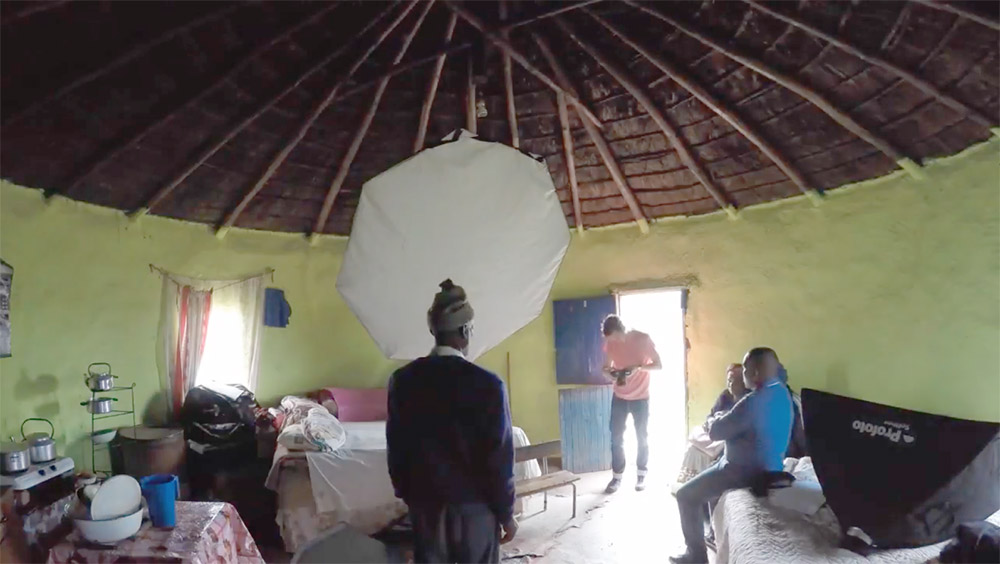
The price of gold: silicosis class action
Follow photographer Thom Pierce on a journey to document the lived experiences of the class action representatives. The journey culminates with an exhibition and possibly certification of the class.
-
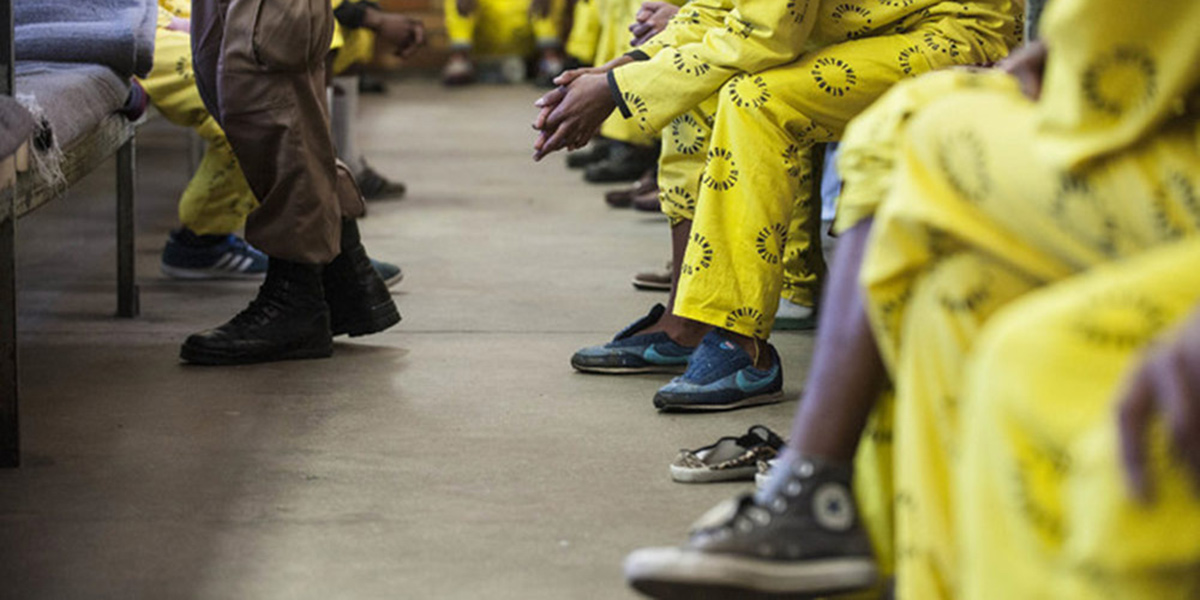
Pollsmoor Remand: “They treated us like animals”

Pollsmoor Remand Detention has been overcrowded for the last decade, hovering between 200 and 300 percent capacity. In April 2015, in terms of section 99 of the Correctional Services Act, Justice Cameron visited the remand section, which holds detainees awaiting trial and unsentenced inmates. Justice Cameron and his law clerks were deeply shocked by what they witnessed during the visit. He released a damning report on his findings, detailing extreme overcrowding and ‘deplorable’ living conditions. Following the Cameron Report, Sonke, represented by Lawyers for Human Rights, launched court proceedings in December 2015. The litigation is challenging the extreme overcrowding and appalling conditions of detention in the remand section.
In ‘Pollsmoor Remand’, former detainees speak about the deplorable conditions in the overcrowded Cape Town facility, being denied access to essential medication, and contracting diseases like TB.
-
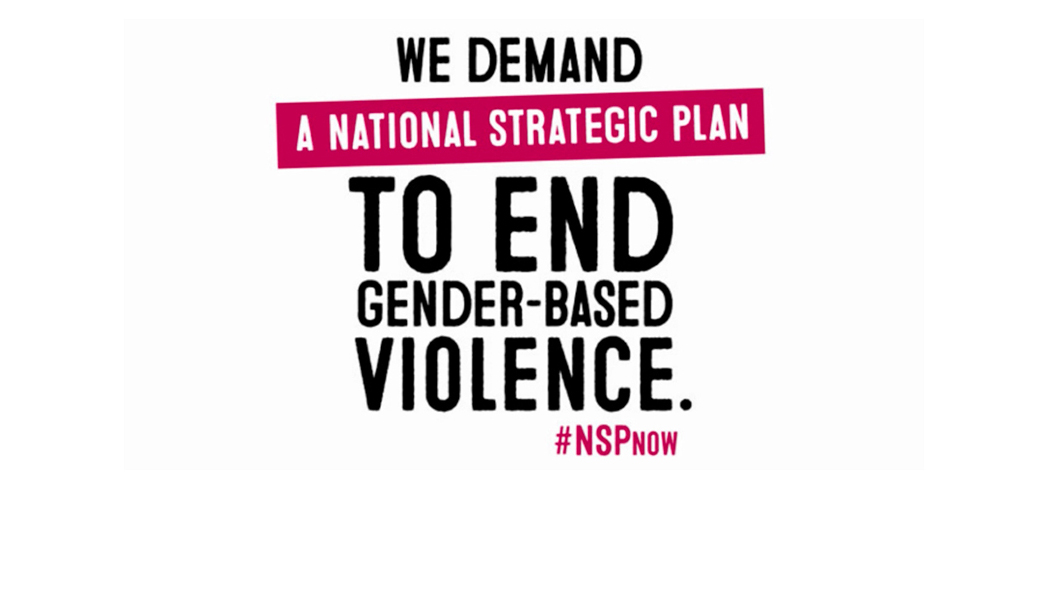
We demand an NSP now!
A short outline of the civil society campaign for a National Strategic Plan on Gender-Based Violence in South Africa.
-
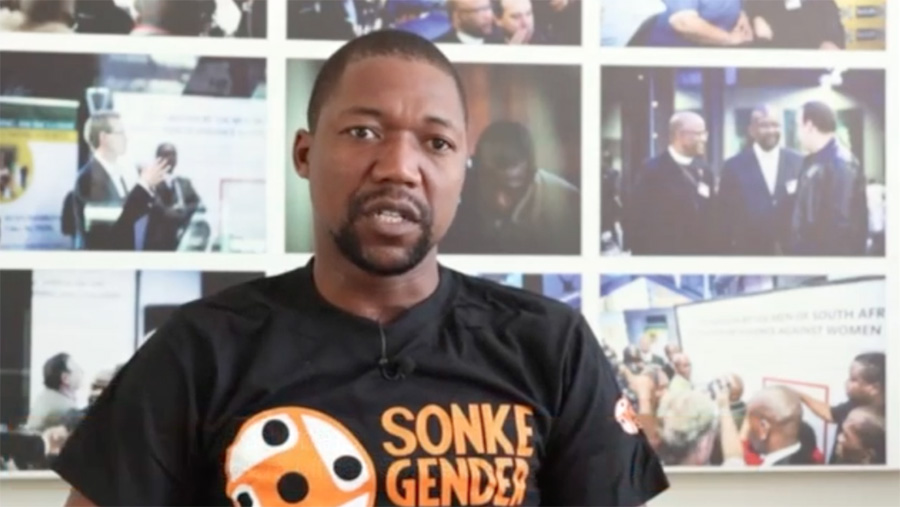
A safer South Africa for women and children
The Safer South Africa for Women and Children (2012-2015) joint programme strengthens violence prevention mechanism, and creates a protective environment for women, girls and boys. The programme is a joint initiative of the Government of South Africa, UNICEF, UNFPA and Save the Children South Africa with funding support received from the UK’s Department for International Development.Through community based interventions focused in Eastern Cape and Free State Province it aims to mobilize social change. This documentary provides an overview of different community based interventions implemented by loveLife, NICDAM and Sonke Gender Justice with support of UNFPA. The stories presented show how one can mobilize change in communities and prevent violence against women and children, working with youth, men and boys, community based organisations and government partners.
We are confident that these stories will inspire others to take action. Moreover, we intend to encourage decision makers, development partners, private sector and civil society to continue their support to prevent violence against women and children and strengthen response mechanisms at all levels as, despite the progress made, significant gaps remain.
-
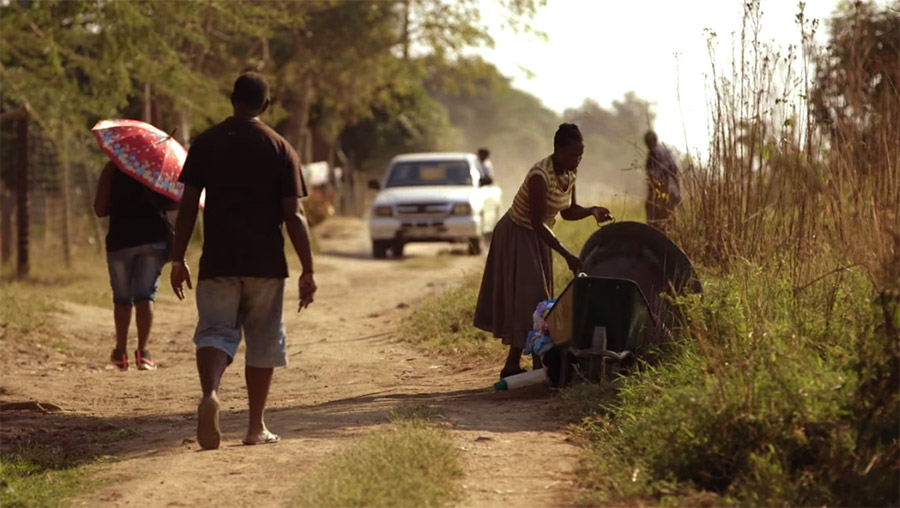
Tsima Project – Rhulani’s journey with HIV
Rhulani has been living with HIV for the past 11 years. In this short video, she says she wouldn’t have been alive today had it not been for accepting her HIV-positive status and taking and adhering to treatment the way she has been advised at her local clinic. This approach has boosted her confidence and as a result she is open about her status. Her health has also improved, giving her the ability to be an economically active member of her community of Bushbuckridge, in Mpumalanga province, where she runs a small business.
Click here to view the video in the original Shangaan language – with no translation
-
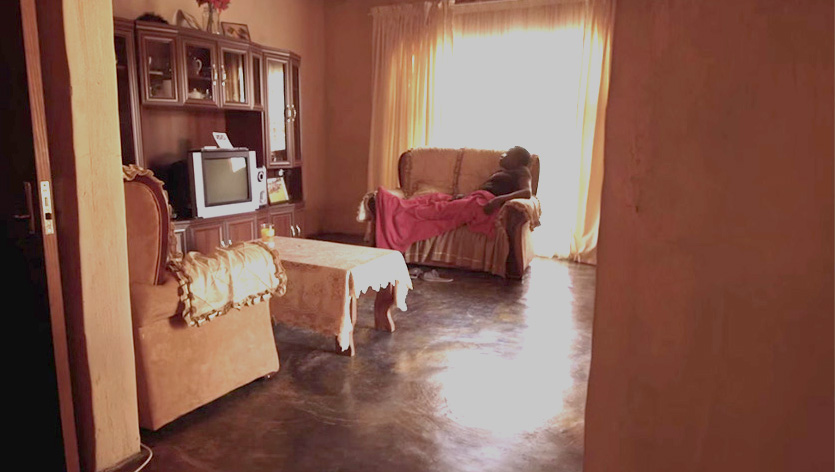
Tsima Project – Rhulani’s journey with HIV (Shangaan version)
Rhulani has been living with HIV for the past 11 years. In this short video, she says she wouldn’t have been alive today had it not been for accepting her HIV-positive status and taking and adhering to treatment the way she has been advised at her local clinic. This approach has boosted her confidence and as a result she is open about her status. Her health has also improved, giving her the ability to be an economically active member of her community of Bushbuckridge, in Mpumalanga province, where she runs a small business.
-
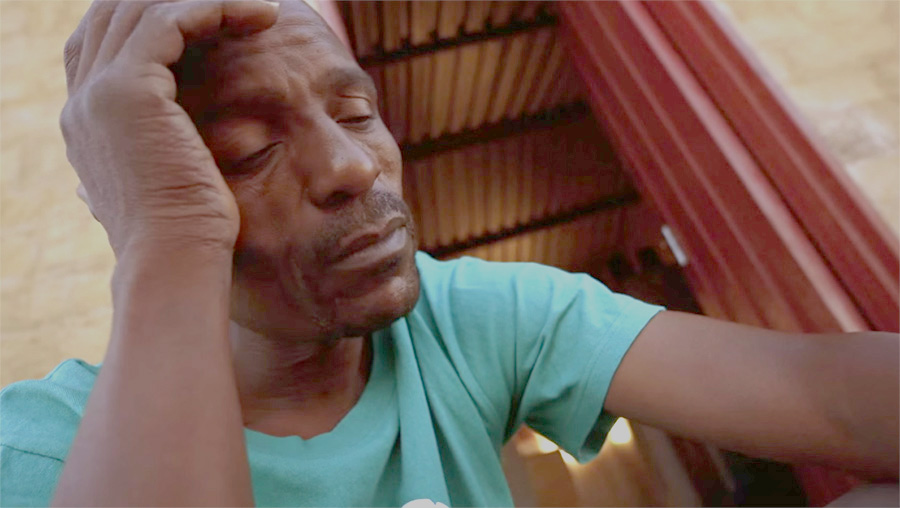
Tsima Project – Mpho’s journey with HIV
Mpho tested positive for HIV in 2002 and he started taking antiretroviral treatment in 2005 when his infection intensified. Taking antiretrovirals has improved his health significantly. Today, Mpho encourages people in his community to test for HIV. He says the fear to test is really what kills many people who could have otherwise ensured that they stay healthy irrespective of HIV infection. He urges men to take responsibility and to stop being afraid of HIV infection so that they can ensure that if positive, they don’t infect their partners.
Click here to view the video in the original Shangaan language – with no translation
-

Tsima Project – Mpho’s journey with HIV (Shangaan version)
Mpho tested positive for HIV in 2002 and he started taking antiretroviral treatment in 2005 when his infection intensified. Taking antiretrovirals has improved his health significantly. Today, Mpho encourages people in his community to test for HIV. He says the fear to test is really what kills many people who could have otherwise ensured that they stay healthy irrespective of HIV infection. He urges men to take responsibility and to stop being afraid of HIV infection so that they can ensure that if positive, they don’t infect their partners.
-
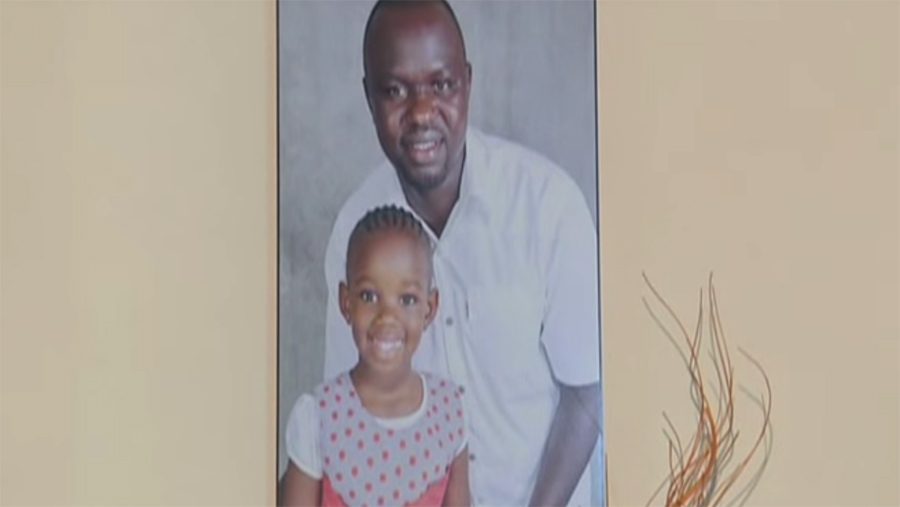
Majority of African fathers are absent in their homes
This Sunday, the world marks Fathers Day. Statistics from the inaugural State of the World Fathers Report indicates that majority of African fathers are absent in their homes. Research however shows that fathers contribute to the well-being of their families and gender equality.
